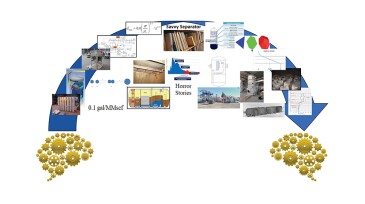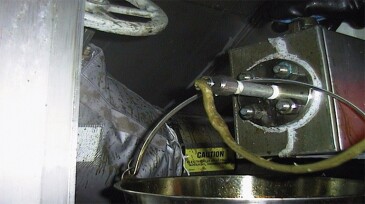Savvy Separator
-
In this final installment of the Savvy Separator Series (No. 23), the authors present a curated collection of recommended references, articles, and other key resources—a comprehensive guide worth reading, bookmarking, and keeping in your library.
-
With the right internal modifications, traditional degassers can be enhanced with gas flotation for improved oily water separation. This article outlines key design considerations—including inlet and settling zones, skimming, and solids handling. Two case studies highlight lessons learned in troubleshooting and revamping degasser designs.
-
The pitfalls of utilizing an existing vessel without proper review are highlighted.
-
The Savvy Separator series continues as we share case studies of troubleshooting separator problems. This article focuses on instrumentation and operating issues. Brief problem statements, root causes, and lessons learned are given.
-
The Savvy Separator series continues as we share case studies of troubleshooting separator problems. This article focuses on installation issues. Brief problem statements, root causes, and lessons learned are given.
-
The Savvy Separator series continues as we share case studies of troubleshooting separator problems. This article focuses on design issues. Brief problem statements, root causes, and lessons learned are given.
-
This 17th article in the Savvy Separator Series addresses how process flow conditions can lead to incorrect or misinterpreted level readings. Poor process vessel design is often exacerbated by miscalibrated instrumentation, leading to suboptimal operation and poor efficiency of the separator. In some cases, the location of the instrumentation can also lead to erroneou…
-
Richard Arntzen, senior process engineer and principal technical expert with Shell, will be presenting an SPE Separations Technology Technical Section Webinar on 22 April.
-
The newly launched video series featuring speaker Bob Chin, the creator and editor of the OGF Savvy Separator Series of articles, provides a basic level of understanding of separator design and troubleshooting.
-
For as long as anyone can remember, the liquid carry-over separation efficiency of 0.1 gal/MMscf has been ubiquitously specified in separator design. This article provides the most likely scenario of its evolution.
Page 1 of 3







